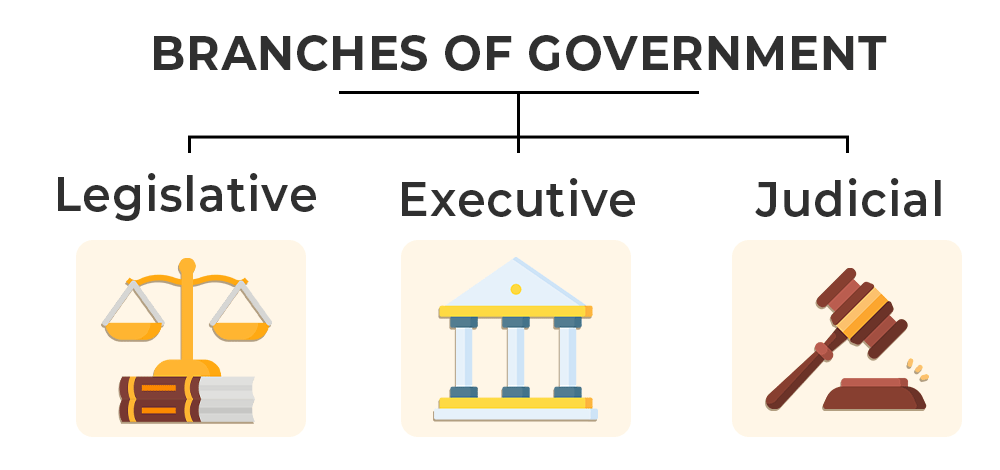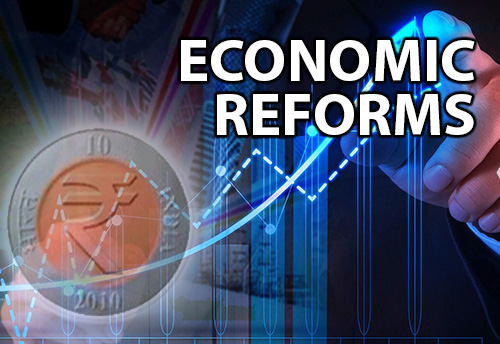Shabana Safdar Khan
Reading culture refers to the habit of reading and the value placed on reading within a society. It involves a society’s attitudes towards reading, the availability and accessibility of reading materials, and the frequency at which individuals engage in reading activities.
Developing a reading culture in a society is critical for several reasons. Firstly, reading enhances knowledge acquisition and promotes critical thinking, which are essential skills for personal and societal development. Secondly, reading improves language and communication skills, which are crucial for effective communication and social interaction. Thirdly, reading promotes creativity and imagination, which are vital for personal growth and innovation. Lastly, reading provides entertainment and relaxation, which are essential for mental health and well-being.
Several methods can be adopted to develop a reading culture in a society. Firstly, there must be a deliberate effort to promote the value of reading among children and adults. This can be achieved through campaigns, reading clubs, and book fairs. Secondly, there should be adequate provision of reading materials, including books, magazines, and newspapers, in public places such as schools, libraries, and community centers. Thirdly, modern technology such as e-books and audiobooks can be leveraged to make reading more accessible and convenient.
Public and private organizations can work together to develop reading culture in a society. Public organizations such as governments, libraries, and schools can provide the infrastructure and resources necessary to promote reading, while private organizations such as publishers and bookstores can provide the necessary reading materials and support.
The benefits of a reading culture for a society are numerous. Firstly, a reading culture promotes literacy and education, which are essential for personal and societal development. Secondly, it enhances social cohesion and promotes a shared understanding of cultural values and norms. Thirdly, it contributes to the development of a knowledge-based economy and promotes innovation and creativity.
Modern technological challenges pose a significant threat to reading culture. With the rise of digital media, traditional reading materials such as books and newspapers are being replaced by online content, which often lacks quality and accuracy. Additionally, the prevalence of social media and instant messaging has led to a decline in attention span and a reduced interest in reading. To overcome these challenges, it is essential to promote the value of reading and adopt modern technologies in ways that enhance rather than replace traditional reading materials. For example, e-books and audiobooks can be used to make reading more accessible and convenient, but efforts must be made to ensure the quality and accuracy of digital content. Additionally, initiatives such as digital literacy campaigns can help promote responsible and effective use of digital media.
To develop a reading culture in Pakistan, the public and private sectors should take some measures such as:
- Education Reforms: Education is the foundation stone of a reading culture. The education system should prioritize reading and provide reading material in the curriculum. The government needs to create resources so that every student has access to books.
- Build Libraries: Pakistan needs more public and private libraries. The government can also collaborate with organizations and charities to fund the construction of libraries in smaller towns and cities. Mobile libraries, or a community library, can also be an effective and cost-effective approach.
- Promote Reading Events: Reading events and book clubs help to increase interest in reading. The government should promote reading events throughout the country, particularly in rural areas.
- Providing Digital Access: E-books and digital resources should be made accessible to all. By providing digital access, individuals with limited resources may access books and reading material.
- Book Donations: The government, along with private organizations, needs to donate books and reading material to schools and rural areas to encourage reading.
To grow intellect and reason in Pakistani society, a reading culture is key. Reading allows access to information and helps individuals develop reasoning skills. It broadens perspectives, introduces new ideas, and encourages critical thinking. A more informed society will ask better questions, challenge stereotypes, and work more effectively to bring about a more just and equitable world.

















